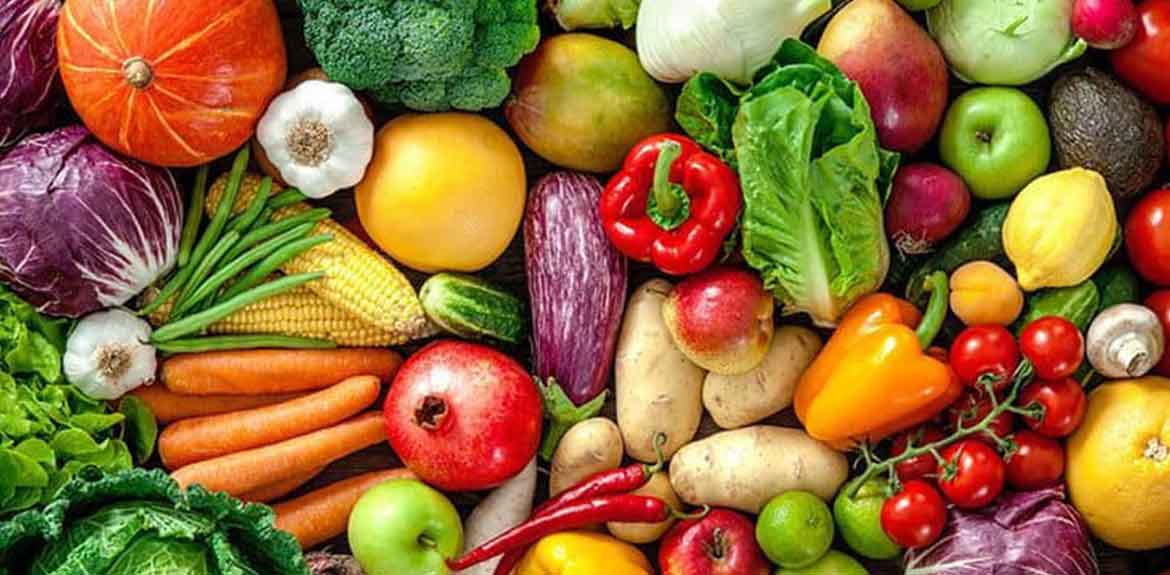
Irradiation is a physical treatment in which food is exposed to a defined dose of ionizing radiation. It is used to control insect infestation, reduce the number of pathogenic or spoilage microorganisms and delay or eliminate natural biological processes such as ripening and germination in fresh food.
Foodborne illnesses caused by pathogens can result in serious illness or even death. Irradiation of meat and other foods greatly contributes to food security by eliminating pathogens before they enter the food supply chain. Irradiation contributes to global food security by reducing the amount of waste and spoilage that can lead to crop failures and food shortages.
In the world, the foods that are most subjected to radiation are fruits, vegetables, cereals and animal derivatives (poultry, fish and beef).
Brazil is a country with great potential for food production and export, but due to technological limitations and phytosanitary barriers, it does not access large consumer markets.
